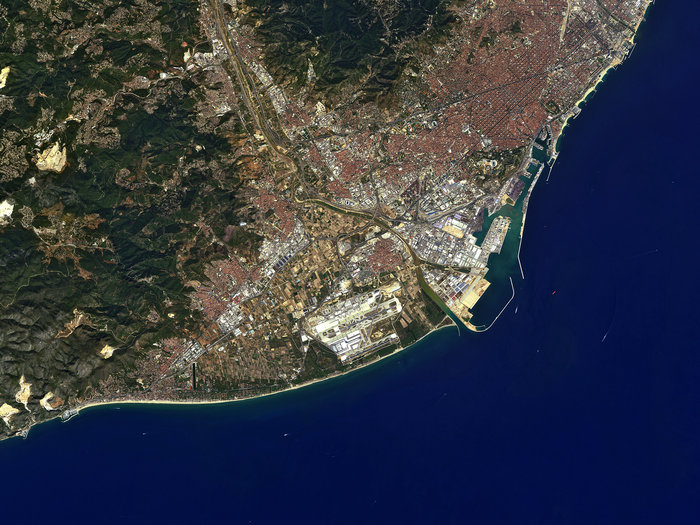
The European Space Agency’s annual navigation summer school offers students from around the world a chance for a thorough grounding in satellite navigation theory and practice with lecturers who are leaders in the field.
It will take place this year at Schatzalp Snow and Mountain Resort in Davos, Switzerland from Monday, July 15 through Thursday, July 25.
View a 360-degree pan of the summer view from the hotel.
The European Space Agency’s annual navigation summer school offers students from around the world a chance for a thorough grounding in satellite navigation theory and practice with lecturers who are leaders in the field.
It will take place this year at Schatzalp Snow and Mountain Resort in Davos, Switzerland from Monday, July 15 through Thursday, July 25.
View a 360-degree pan of the summer view from the hotel.
The school is open to post-Baccalaureate students with more than three years of graduate study, doctoral candidates and postdoctoral researchers and engineers and professionals who are less than 35 years old.
Students may expect a comprehensive overview of satellite navigation—from GNSS systems and signals to signal processing and determining positioning, navigation and timing (PNT ) solutions.
It is designed to be "hands on," and includes a group project in which students will take a GNSS service or product idea, develop it through the business plan, technical realization and marketing strategy.
The class is limited to 50 students: first come, first served. For more information, please go to the website below.
The annual summer school is sponsored by the European Space Agency’s department of EGNOS and Galileo evolution programs and by the European Commission’s Joint Research Center.
Cooperating agencies and academies include Stanford University, Institut Supérieur de l’Aeronautique et de l’Espace (ISAE)- Toulouse,
Graz University of Technology and University FAF Munich.
It is supported by Swiss Space Office (SSO) and the Swiss Space Center (SSC).




